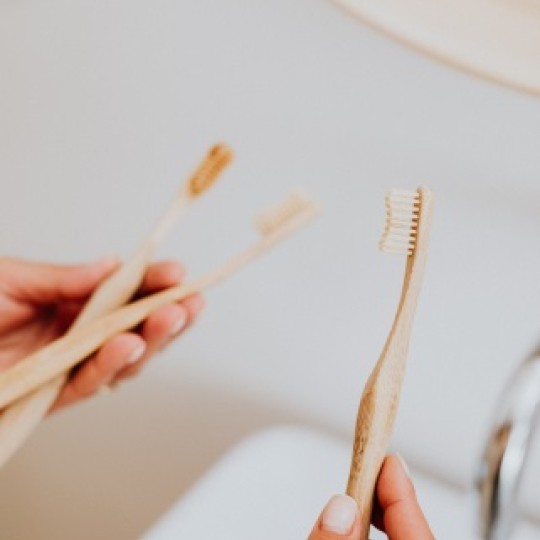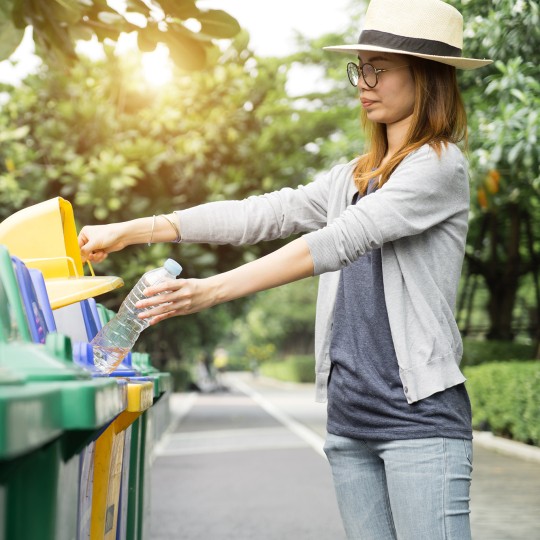Welcome to Avery’s Green Month
Only a few weeks after over 100,000 ordinary people took to Westminster to protest the lack of governmental action to transition the UK economy to Net Zero, we are spending the next few weeks sharing tips for things we can all do, both at work and at home[1] . We hope you find them helpful!
The latest IPPC report, delivered in March, was unflinching in its sombre mood and warning - without widespread, rapid change to reduce our carbon emissions, our world will start to break down.
António Guterres,the UN secretary general, said: “This report is a clarion call to massively fast-track climate efforts by every country and every sector and on every timeframe. Our world needs climate action on all fronts: everything, everywhere, all at once.”
Consumers, employees, employers and companies all have a role to play.
do you want me to add that I've been writing them / coming up with them via my books - or not! Up to you!

1. Getting To work
Look to car sharing!
If you’re in the office each week, how do you get there? Is it possible to reduce the carbon footprint of your journey? If it’s mostly car, are there ways you can carshare with colleagues or with friends?
For every shared journey on the road[1] , the overall carbon emissions reduce at least 10% and in some cases as high as 40%.
Alternatively, car sharing is a great way to avoid burning a hole in your pocket. Carpooling can help save money on fuel and parking costs, as well as vehicle maintenance and repair costs. With fewer cars on the road, there is less traffic congestion, which means less time spent idling in traffic and less fuel wasted!
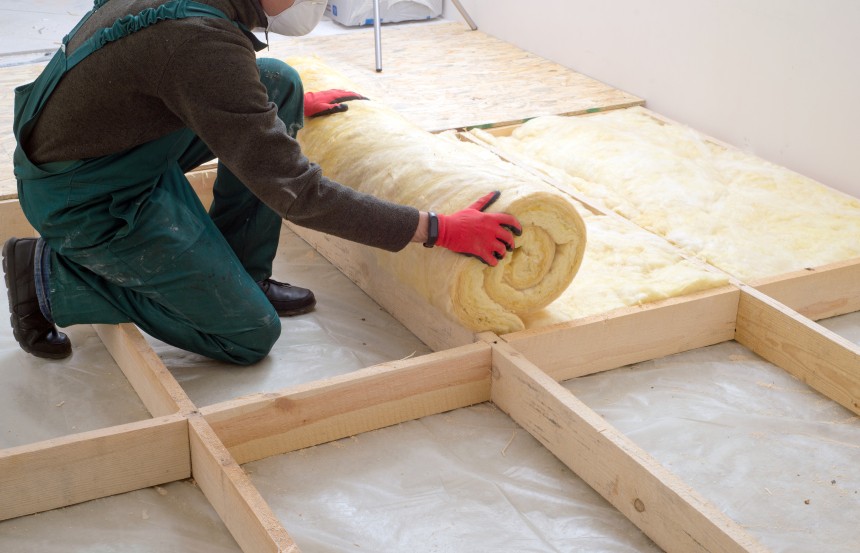
2. Insulation
Work from home? Think about insulation.
We’re through the worst of the winter but with 27 million homes in the UK, mostly made up of old stock or badly insulated homes, we have a long way to go to make them more efficent. Our homes make up around 14% of the UK’s greenhouse gas emissions. By reducing the amount of energy needed to heat or cool a building, good insulation helps to reduce carbon emissions associated with energy consumption.
With energy costs still high, it’s time to do an audit for working from home. Where was coldest? Did you have draughts? Where do you need insulation?
Make a plan now for what you’re going to fix, plug up, insulate or change before the autumn rolls around. You’ll thank yourself come October.
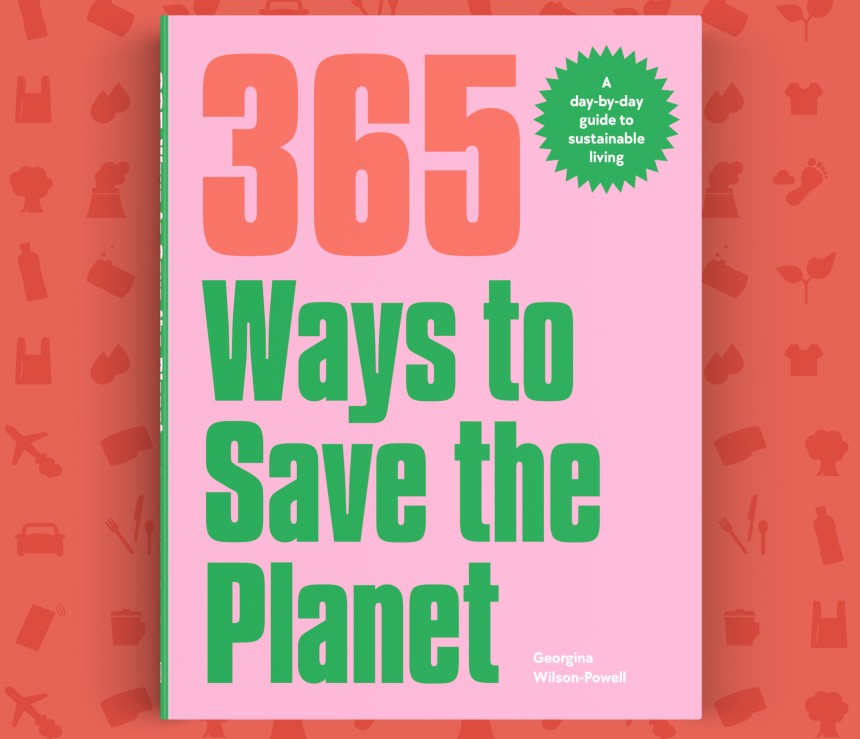
3. Education
Sustainability is a massive topic and can feel overwhelming to try and learn. The good news is that everyone around you is on that journey too. The more you know, the more you can be aware of your impact and make wiser choices for the environment.
To begin, pick an area that you feel passionate about such as food waste or wildlife conservation (OR the issues that frustrate you the most, like sewage pollution) and pledge to do a couple of evenings reading this month on the eco issues on that topic. Share anything really useful with your colleagues or family.
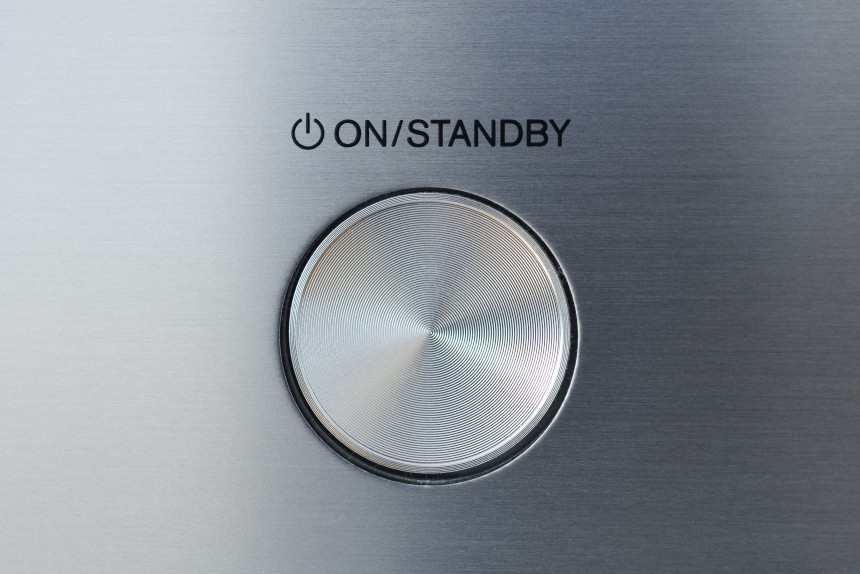
4. Switch Off Standby
Whether you’re WFH or in the office, modern tech now doesn’t need to be on standby. Our laptops, games consoles, printers and anything else with a plug don’t take ages to power up like they used to.
Standby mode is a secret guzzler of energy, it amounts to 1% of the world’s carbon emissions, which also costs you money, so shut your tech down when you’re finished for the day.
An added bonus to turning off standby mode is it can help you save money on your electricity bills, as you are only paying for the energy that you actually use. So, switching your technology off standby is not only good for the environment but also for your wallet!
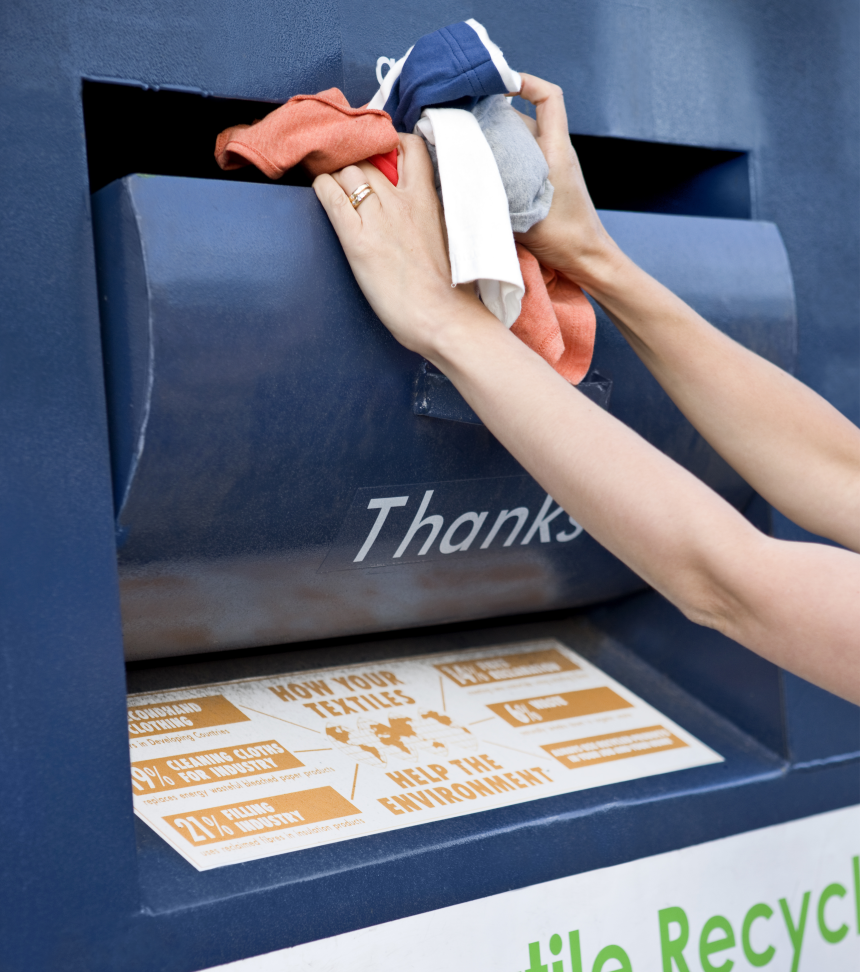
5. Recycling
While recycled products are more commonplace, like Avery’s DTR ECO Range, which recycle plastics, keeping all of our items out of landfill should be top of the list when thinking about how to dispose of anything. Hopefully you’ve got the basics covered but how about these ones?
Soft plastics
These difficult to recycle items can be taken back to most supermarkets now, who have bins at the entrance to collect them.
Make up and toiletries pots
Many skincare and make up brands on the high street will collect empty pots from any brand. The Body Shop, Neals’ Yard and John Lewis will all take clean, empty toiletries pots and tubes.
Clothes and shoes
If you can’t sell them on (more to come on this in week 3), are you donating clothes and shoes via large recycling bins? While most high street charity shops don’t want fast fashion, check with local animal shelters or sanctuaries if they can use blankets, linen or wool based items.


